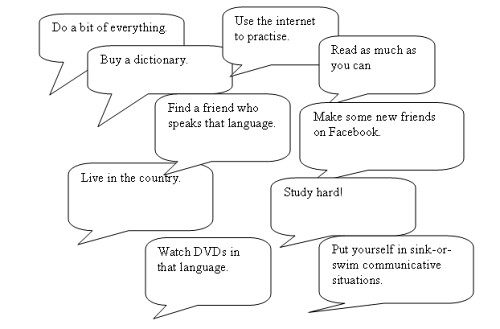Wordwise: So many
By S.H. LOKE - The Star - Mind Your Language.
ALL kinds of things can be found aplenty. We enjoy bountiful blessings, food that exists in large quantities, and a great variety of fascinating customs. Here are some words to describe abundance. Using these specific words will enrich your language.
1. Avalanche
A large number of things that arrive suddenly at the same time.
An avalanche of congratulatory messages arrived from all over the world.
2. Shower
To generously give someone a lot of things.
John showers his wife with a lot of gifts.
A party at which the guests bring gifts.
During her baby shower, Pat received many lovely gifts.
3. Outpouring
Continuous expressions of strong feelings.
There was a great outpouring of joy when some students received their SPM results.
4. Flood
To arrive or go somewhere in large numbers
Thousands of spectators flooded the stadium.
If a feeling or memory floods over someone, or floods back, they feel or remember it strongly.
I felt relief flooding over me when our plane landed safely.
Memories of my childhood flooded back as I walked around my hometown.
5. Cascade
Something that hangs down in large quantities
Her cascade of wavy, black hair compliments her black eyes.
The lantana blooms cascade over her balcony.
6. Galore
To emphasise something that exists in very large quantities.
It was so delightful to see the cakes galore served at the party.
7. Gamut
A complete range of things of the same kind or a wide variety of things of the same kind.
The gamut of cameras exhibited at the show is staggering.
8. Myriad
Having a large number or a large variety of.
The Australian Great Barrier Reef is teeming with myriad forms of marine life.
Myriad stars twinkle like diamonds in the sky.
9. Multitude
A multitude of things or people means a very large number of them.
Multitudes gathered outside the embassy in silent protest.
10. Throng
A large crowd of people.
Excited shoppers throng the supermarkets during their sales.
Sam pushed his way through the jostling throng.
11. Droves
A very large number of people who go somewhere or do something.
Droves of people flocked to the computer fair.


